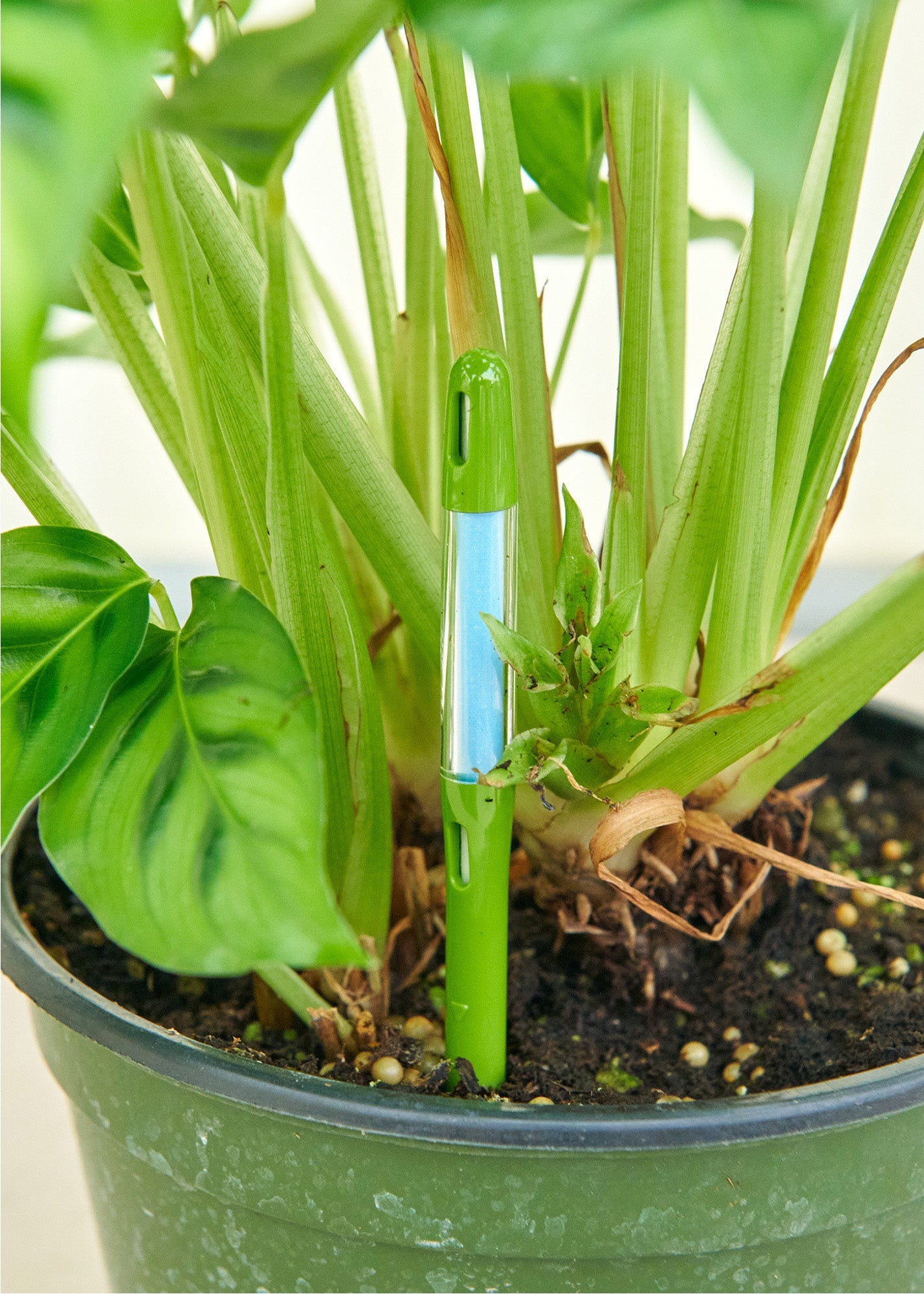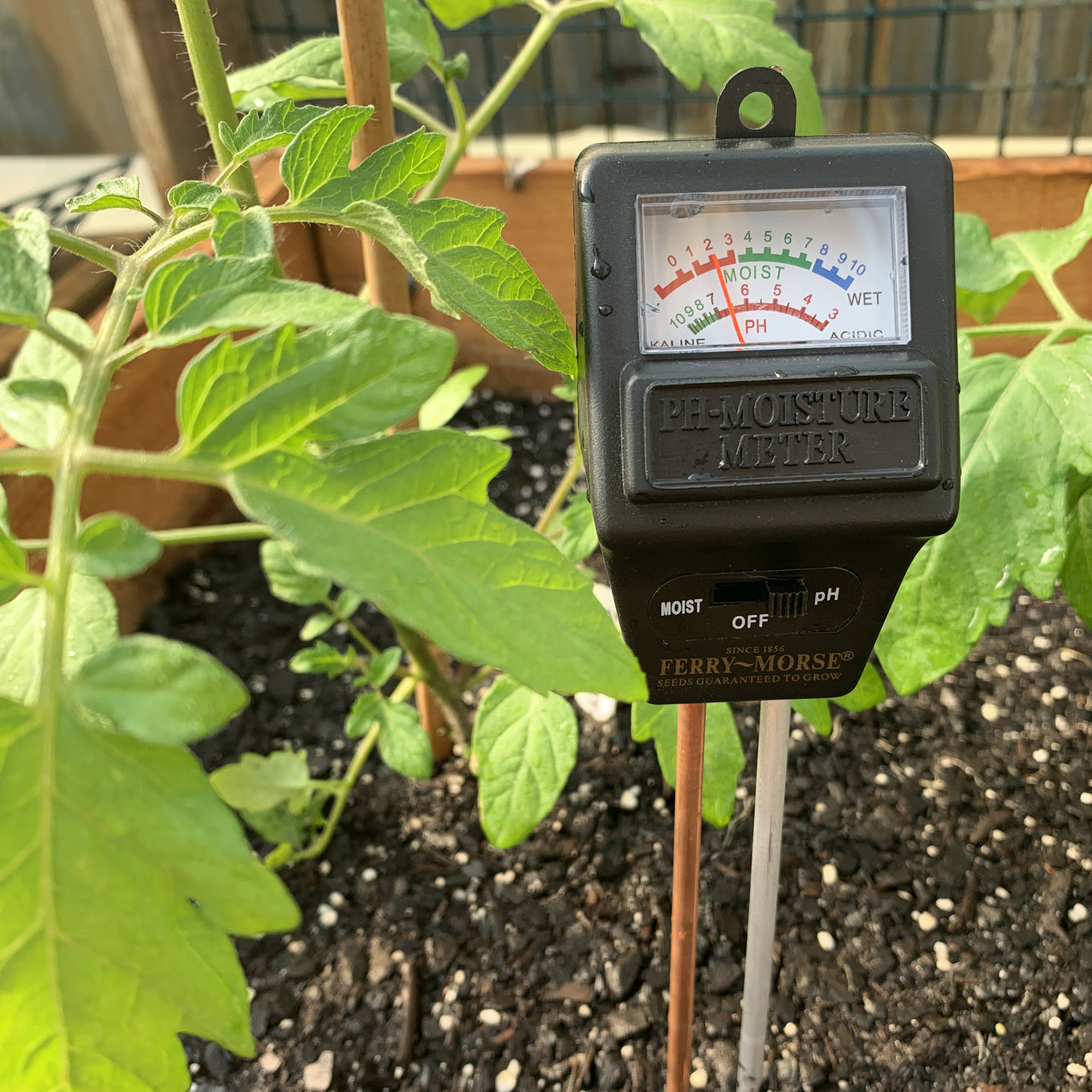The Ultimate Guide to Picking the Right Moisture Meter for Your Requirements
The Ultimate Guide to Picking the Right Moisture Meter for Your Requirements
Blog Article
The Ultimate Overview to Moisture Meters: A Comprehensive Overview and Exactly How They Can Conserve You Cash
In the realm of structure maintenance, building, and various industries, the relevance of properly determining wetness levels can not be overstated. Wetness meters act as indispensable tools in detecting and keeping track of moisture web content in products, aiding in preventing expensive problems and making certain the quality of products. Comprehending the nuances of various sorts of dampness meters, their applications, and the potential cost-saving benefits they offer can be a game-changer for specialists and businesses alike. Finding how these tools can not only improve procedures but also add to financial cost savings is a trip worth getting started on.
Kinds of Moisture Meters
One common kind is the pin-type moisture meter, which gauges the electrical resistance between 2 pins inserted into a product. Pinless dampness meters, on the various other hand, use electromagnetic sensor plates to check a larger area without creating damage to the product's surface area.
Infrared moisture meters gauge the thermal residential properties of a product to identify its dampness material non-invasively, making them helpful for applications where pin or pinless meters might not be suitable. Recognizing the different kinds of moisture meters offered can help industries select the most suitable device for their particular moisture measurement needs.

Advantages of Using Moisture Meters

Additionally, making use of moisture meters can cause boosted energy performance. By recognizing areas with high moisture levels, such as leaks or inadequate insulation, modifications can be made to improve energy conservation and lower energy costs. In farming setups, wetness meters play an essential role in optimizing plant yields by making it possible for farmers to keep an eye on soil dampness degrees and make educated watering choices. On the whole, the advantages of utilizing moisture meters extend throughout numerous industries, supplying economical options and promoting better quality assurance practices.
Just How to Pick the Right Moisture Meter
Selecting the proper dampness meter entails thinking about essential aspects such as material compatibility, measurement array, and calibration precision. When choosing a moisture meter, it's vital to ensure that the meter appropriates for the particular material you will certainly be testing. Various materials have varying electrical buildings that can impact moisture analyses, so selecting a meter made for your product is vital for accurate results. Furthermore, take into consideration the dimension series of the wetness meter. Make certain that the meter can detect dampness degrees within the variety required for your applications. Calibration accuracy is an additional crucial variable to remember (Moisture Meter). Go with a wetness meter with reliable calibration to make sure constant and precise analyses. Some meters may call for periodic calibration changes, so understanding the calibration procedure is necessary. By thoroughly examining these aspects, you can select a moisture meter that meets your requirements and provides accurate dampness measurements for your projects.
Appropriate Methods for Moisture Meter Usage
To guarantee exact wetness great post to read analyses and maximize the effectiveness of a dampness meter, utilizing proper strategies is essential. When utilizing a pin-type moisture meter, insert the pins or probes into the material being examined till they make complete call. Make certain the pins are perpendicular to the surface area to get the most exact reading. For pinless dampness meters, hold the tool level against the product and relocate it gradually to cover the whole area for a typical reading. It's essential to calibrate the wetness meter according to the material being evaluated to enhance precision. Take several readings across the surface area and ordinary them out for a more trustworthy outcome. Furthermore, guarantee that the product being tested is adjusted to the setting to prevent skewed analyses. Normal upkeep of the wetness meter, such as cleansing the pins or sensing unit, is also important to make certain precise and consistent readings. By complying with these correct strategies, customers can rely upon their moisture meter to supply trustworthy wetness degrees, aiding in stopping expensive damages or making sure high quality in numerous applications.

Cost Financial Savings With Moisture Meter Applications
Exactly how can the critical utilization of wetness meters lead to significant expense financial savings across different markets? In the farming sector, dampness meters help in establishing the optimal time for harvesting plants, stopping over-drying or excess dampness that can affect the final item's quality.

Moreover, in the food processing industry, dampness meters are essential for checking item high quality Extra resources and guaranteeing conformity with safety guidelines. By properly determining dampness content in foodstuff, manufacturers can protect against perishing, keep freshness, and lower waste, resulting in significant price financial savings. Generally, the critical application of moisture meters is a useful financial investment that can cause substantial price decreases and enhanced effectiveness throughout numerous sectors.
Conclusion
In verdict, wetness meters are useful devices for measuring and spotting moisture levels in numerous materials. By using the appropriate dampness meter and adhering to correct methods, individuals can efficiently avoid pricey problems triggered by excess moisture. Purchasing a high quality moisture meter can result in considerable visit the website expense savings in the future by identifying possible issues early on and allowing prompt remediation. Ultimately, wetness meters are important tools for preserving the stability and longevity of frameworks and materials.
Dampness meters offer as indispensable devices in finding and checking moisture content in materials, aiding in preventing costly damages and guaranteeing the quality of products. Infrared dampness meters gauge the thermal residential or commercial properties of a product to establish its moisture material non-invasively, making them beneficial for applications where pin or pinless meters might not be appropriate.Wetness meters provide vital advantages in accurately keeping track of and analyzing dampness degrees in diverse products and environments. In farming setups, moisture meters play an important function in enhancing crop yields by enabling farmers to keep an eye on soil wetness levels and make educated watering decisions.In final thought, dampness meters are useful tools for finding and measuring wetness degrees in various materials.
Report this page